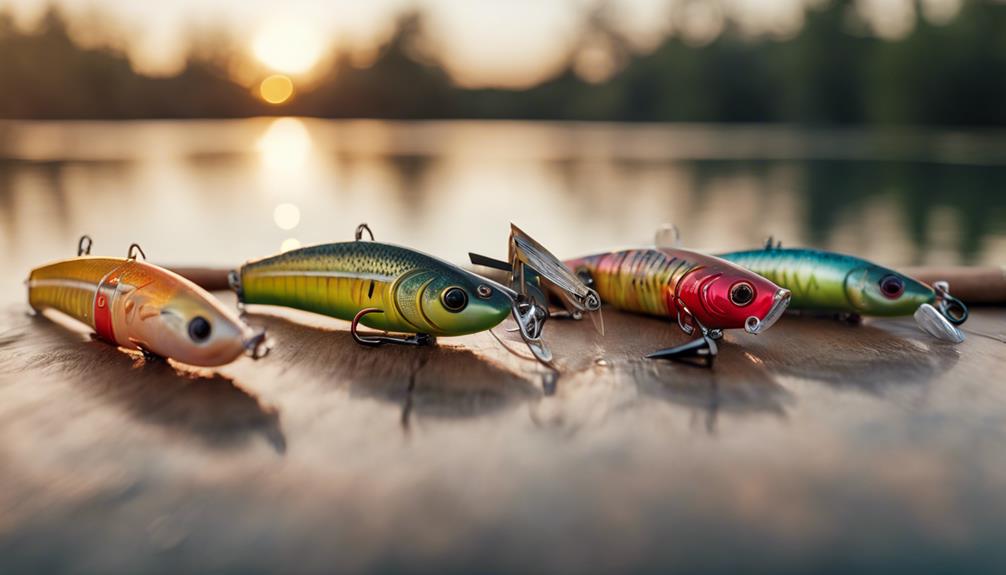Fishing is a beloved pastime for many, providing relaxation, adventure, and a chance to connect with nature. However, before you cast your line, it’s essential to understand the regulations surrounding fishing licenses, including how old fishing licenses are and what they mean for anglers. In this article, we’ll explore the ins and outs of fishing licenses, ensuring you’re well-informed for your next fishing trip.
Understanding Fishing Licenses: What Are They?
A fishing license is a permit issued by a government agency that allows an individual to fish in specific waters. These licenses are necessary to regulate fishing activities and help conserve fish populations and aquatic ecosystems. The requirements for obtaining a fishing license can vary significantly from one state or country to another. In general, the age at which an individual must have a fishing license, often referred to as “how old fishing license,” depends on local regulations, which can require individuals to be of a certain age before they can legally fish without adult supervision.
How Old Do You Have to Be to Get a Fishing License?
The age requirement for obtaining a fishing license varies widely. In many states in the U.S., individuals as young as 16 can apply for their own fishing license, while those under this age may need to fish under the supervision of a licensed adult. Some states offer youth licenses at a reduced fee or may even allow children to fish for free, provided they are accompanied by a licensed adult. Understanding the specific age requirements in your area is crucial to ensure compliance with local fishing laws. Always check with your local fish and wildlife agency for the most accurate information.
The Importance of Carrying Your Fishing License
When you head out for a day of fishing, it’s crucial to carry your fishing license with you. Not only is it a legal requirement in most locations, but it also serves as proof that you have followed the necessary regulations to fish in that area. If you’re stopped by a game warden or law enforcement officer, failing to present your fishing license could lead to fines, confiscation of your fishing gear, or even more serious legal repercussions. Additionally, having your license on hand can demonstrate your commitment to responsible fishing practices and conservation efforts.
How to Obtain a Fishing License: A Step-by-Step Guide
Getting your fishing license is usually a straightforward process. Here’s a step-by-step guide to help you navigate it:
1. Check the Requirements: Research the legal age and requirements for obtaining a fishing license in your state.
2. Choose the Type of License: Decide whether you need a resident or non-resident license, and whether you want a freshwater or saltwater license, depending on where you plan to fish.
3. Gather Necessary Information: You may need to provide personal information such as your name, address, date of birth, and sometimes even social security number.
4. Complete the Application: You can typically apply online, by mail, or in person at a designated location.
5. Pay the Fees: Most fishing licenses require a fee, which can vary based on age, residency, and type of fishing.
6. Receive Your License: Once your application is processed, you’ll receive your fishing license, which may be a physical card or a digital copy.
By following these steps, you’ll be well-equipped with your fishing license and ready to enjoy your day on the water.
Renewing Your Fishing License: How Often and When
Fishing licenses are typically valid for a specific period, often one year. However, some states offer multi-year licenses or lifetime licenses for avid anglers. Knowing when to renew your fishing license is essential to avoid any lapses in your legal ability to fish. Many states send reminders for renewal, but it’s always a good idea to keep track of your license’s expiration date. If you’re unsure about your renewal options or deadlines, you can contact your local fish and wildlife agency for guidance.
Exceptions and Special Cases: Youth and Senior Licenses
Many regions recognize that certain groups of people may have different fishing needs. For example, youth licenses are often available at a reduced fee or for free, encouraging younger generations to engage in fishing. Additionally, many states offer discounted or free licenses for seniors, promoting recreational fishing among older adults. Understanding these exceptions can help you save money while enjoying the sport, so be sure to check the specific regulations in your area regarding youth and senior licenses.
The Environmental Impact of Fishing Licenses
Fishing licenses play a crucial role in the conservation of aquatic ecosystems. The fees collected from fishing licenses typically go towards funding conservation efforts, research, and habitat restoration programs. By ensuring that everyone who fishes has a license, authorities can better manage fish populations and maintain the balance of aquatic ecosystems. This not only benefits anglers by ensuring sustainable fishing opportunities but also protects the natural environment for future generations. As you consider “how old fishing license” regulations, remember that participating in licensing supports the greater good of conservation.
Conclusion: Stay Informed and Fish Responsibly
In conclusion, understanding the “how old fishing license” regulations and the importance of carrying a valid fishing license is essential for all anglers. Whether you’re a seasoned fisherman or new to the sport, being informed about the legal requirements, renewal processes, and special licenses can enhance your fishing experience while promoting responsible practices. Always check local regulations before heading out, and remember that fishing licenses contribute to the sustainability of our natural resources. Happy fishing!
—
By following the structure and guidelines provided in this article, you can ensure it’s not only informative but also optimized for search engines, making it easier for readers to find the information they need about fishing licenses.
